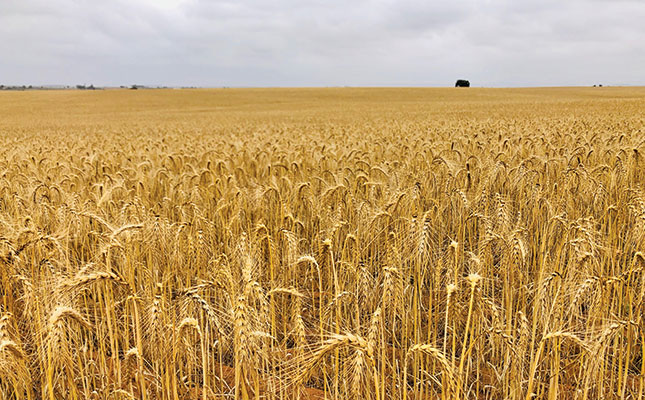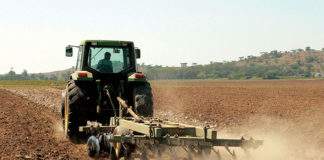
Photo: FW Archive
The South African grain industry is currently riddled with debates about the availability and credibility of market information, despite the fact that the available industry information is trustworthy.
This was according to agricultural economist, Dr Johan Willemse, speaking at the 2021 Grain SA annual conference on Wednesday, 3 March.
He said consideration nevertheless needed to be given to introducing an ombud mechanism to regulate the conduct of role players on the market, as well as the so-called “rules of the game” pertaining to market information.
“During the change-over from a state-controlled marketing [system] to a free market system in 1997, very little attention was given to the conduct expected from role players, and I believe the time has come to seriously consider the implementation of such an advisory or ombud structure.”
Despite many and often unfounded claims to the contrary, Willemse said data provided by the South African Grain Information Service (SAGIS) and the Crop Estimates Committee (CEC), was reliable and consistent although it could be refined in future.
He said while there was always room for improvement in terms of information availability and transparency, measures needed to be put in place at SAGIS to ensure the integrity of the information and to prevent market manipulation.
“It is the responsibility of individual market participants to take decisions based on the information he [or she] has access to. That is why a public advocate charged with the responsibility of representing the interest of the market and its participants to prevent wrongdoing, manipulation or maladministration, is so important,” Willemse said.
Many of the ongoing debates he referred to centred on the role of the Johannesburg Stock Exchange’s (JSE) South African Futures Exchange (SAFEX) structure with regard to the provision of market information and validity of silo certificates.
Willemse warned that the arguments were more often than not based on half-truths and erroneous perceptions.
The fact of the matter was that agricultural derivatives on the JSE provided a platform for price-discovery and efficient price-risk management for the grain markets in Southern Africa, he said.
“There are a host of objections (true or false) to the way the JSE conducts business, but the fact remains that it is a profit-driven private concern with shareholders.
“The dilemma is that 75% of grain prices is determined by the SAFEX location differential, and that obviously impacts market information in a big way. This markedly distorts regional prices. However, given the fact that the JSE is a privately-owned business it can’t be expected to act as referee in terms of overall market facts and figures,” Willemse added.












